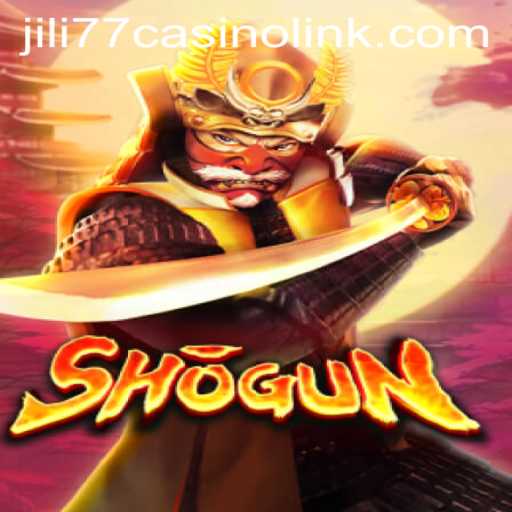An in-depth exploration of the game Shogun, its rules, introduction, and relation to current events.
Shogun: Mastering the Art of Strategy and Conquest
Shogun, an enthralling game of strategy and skill, invites players to step into the shoes of powerful feudal lords, vying for supremacy in the tumultuous landscape of medieval Japan. With its roots deeply embedded in historical events, Shogun offers a captivating blend of tactical maneuvers, strategic decision-making, and the ever-present allure of dominance.
Introduction to Shogun
Released to much acclaim, Shogun has etched its place in the pantheon of strategic board games. It's a game where players assume the role of daimyos, powerful feudal lords, each with the ambition to consolidate their power and become the ultimate Shogun. As players immerse themselves in the intricate tapestry of alliances, betrayals, and military might, they are reminded of the historical backdrop that inspired this fascinating game.
Shogun's charm lies in its meticulous attention to detail and the authentic representation of Japan's Sengoku period. The game board, beautifully crafted, is a map of provinces that players vie for control over. Each province held its significance in the Japanese feudal hierarchy, and players must balance military expansion with fiscal prudence, making the right decisions at the opportune moments.
Objective of the Game
The primary objective in Shogun is to amass the most victory points, achieved through territorial expansion, building infrastructure, and effectively managing one’s army and resources. Victory points are awarded based on control over provinces, the construction of castles, temples, or theaters, and the accumulation of resources such as rice and gold. The daimyo with the most victory points at the game’s end is declared the triumphant Shogun.
Game Mechanics and Rules
At the heart of Shogun is its unique combat and action selection system, engaging players in both strategic planning and tactical execution. The game unfolds over two farming seasons, spring and fall, with winter serving as a period of rest and consolidation. During each season, players make crucial decisions, from mobilizing troops to constructing buildings or gathering resources.
Province Control: Players start with a fixed number of provinces. Control is determined by the presence of armies and the strategic construction of buildings. Successfully capturing provinces requires a careful balance of military might and timing, as war can lead to devastating rice shortages.
Combat System: Combat in Shogun is resolved through a unique cube tower mechanic. Players secretly choose actions each season, and clashes are resolved by dropping cubes into the tower. The resulting cubes determine the battle’s outcome, adding an element of chance and surprise to each conflict.
Rice Supply: Accumulating and managing rice is pivotal for maintaining control. Famine can lead to uprisings, where a lack of rice further complicates the strategic landscape, forcing players to adapt to changing circumstances swiftly.
Building Infrastructure: Constructing castles, temples, and theaters in provinces not only boosts defensive capabilities but also enhances victory points. However, each construction requires resources, urging players to carefully plan their investments and expansions.
Shogun and Current Events
In today’s rapidly evolving gaming landscape, Shogun continues to captivate new generations of players. Online platforms, like jili77 casino link, have brought classic board games to the digital world, allowing strategic enthusiasts to engage with Shogun from anywhere globally. This transition to digital platforms signifies a growing trend where traditional board games meet modern technology, opening new avenues for interaction and competition.
The popularity of Shogun within these platforms highlights the timeless appeal of strategic thinking and historical narratives in gaming. It also reflects the increasing interest in culturally rich and immersive games that encourage players to not only engage with the mechanics but also the history that inspired them.
While Shogun’s essence is anchored in historical Japan, its lessons and strategies resonate with players across various cultures and backgrounds. The game’s design encourages thoughtful leadership, resource management, and critical decision-making — skills that remain relevant in today’s interconnected and complex world.
The Enduring Legacy of Shogun
As players delve deep into the art of becoming a Shogun, they are not only challenged to conquer and strategize but also to connect with a rich historical narrative. Shogun stands as a testament to the enduring allure of well-crafted strategy games, continuing to inspire and entertain generations of players seeking the thrill of conquest and the satisfaction of mastering a nuanced game of tactical prowess.




